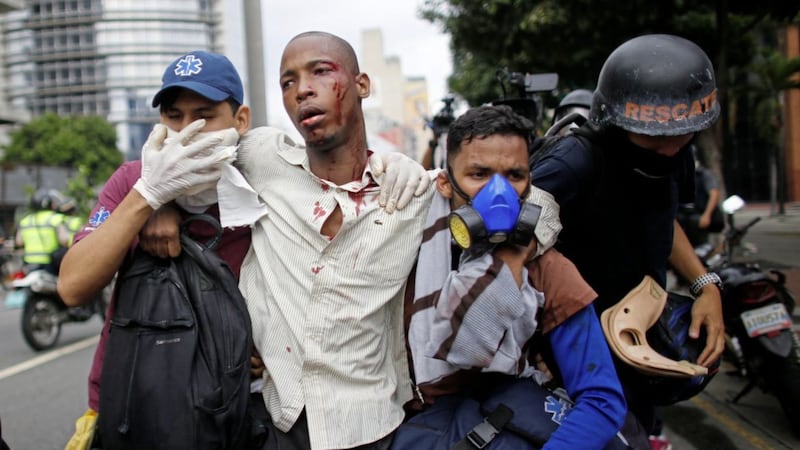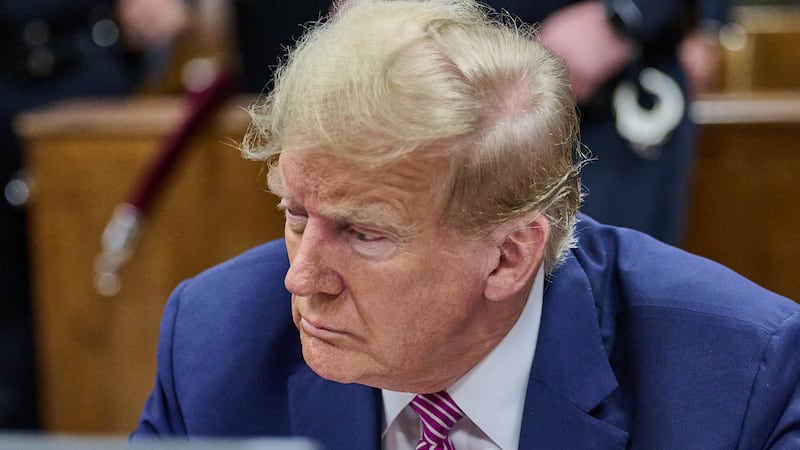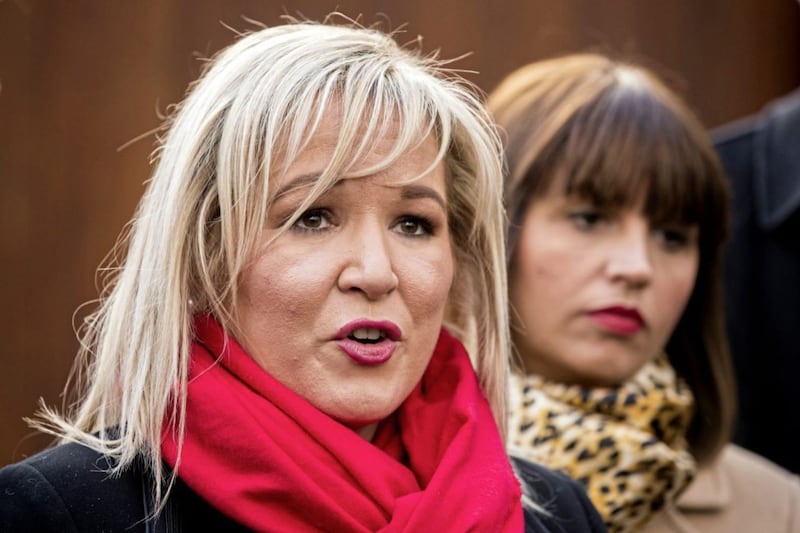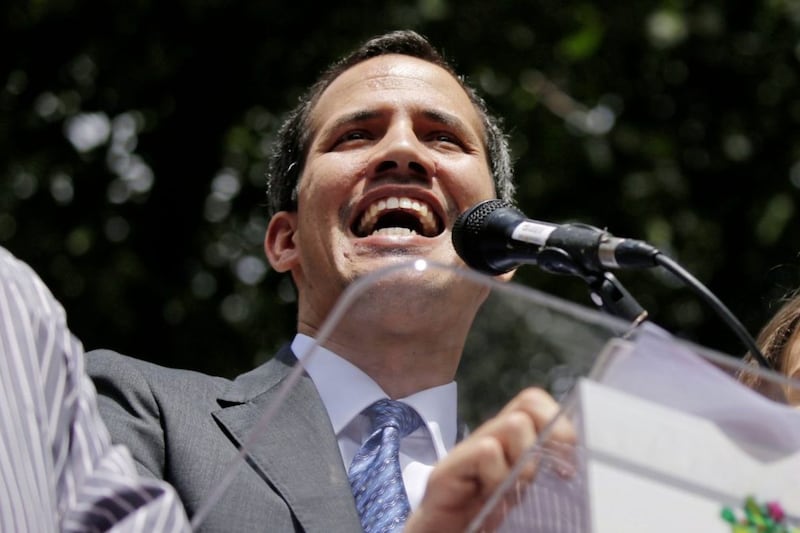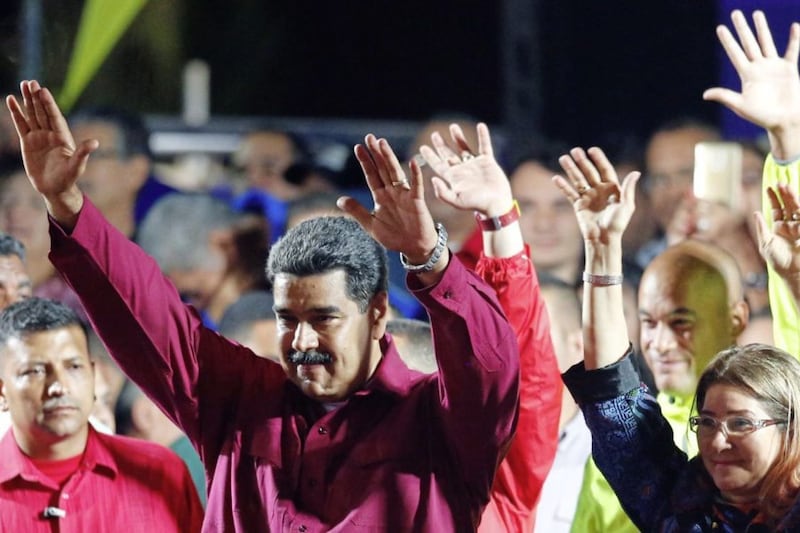Venezuela's energised opposition is planning sit-ins on roads, silent marches in white to commemorate the dead and other protests in a bid to build on the momentum of street demonstrations against President Nicolas Maduro's socialist government.
Tens of thousands of protesters took to the streets again on Thursday to demand elections and condemn what they say is an essentially dictatorial government.
They were met by curtains of tear gas and rubber bullets as they tried to march to central Caracas.
Later, opposition leaders gathered in a show of unity at an outdoor news conference in the eastern Caracas neighbourhood that has been at the heart of three weeks of near daily protests.
Some people came out on balconies to cheer as the politicians urged supporters to don white and march silently through Caracas on Saturday to commemorate the eight people killed in the demonstrations.
The opposition is also planning Monday sit-ins to block major roads.
"Twenty days of resistance and we feel newly born," opposition MP Freddy Guevara shouted.
General Motors announced earlier that it was closing its operations in Venezuela after authorities seized its factory in the industrial city of Valencia, a move that could draw the Trump administration into the escalating chaos engulfing the nation.
The plant was confiscated on Wednesday as anti-Maduro protesters clashed with security forces and pro-government groups.
The seizure arose from an almost 20-year-old lawsuit brought by a former GM dealership in western Venezuela.
Hundreds of workers desperate for information about their jobs gathered at the plant to meet government and military officials as well as representatives of the dealership that brought the lawsuit.
The neglected factory has not produced a car since 2015, but GM still has 79 dealers that employ 3,900 people in Venezuela, where for decades it was the market leader.
The US State Department said it was reviewing details of the GM case but called on Venezuelan authorities to act swiftly and transparently to resolve the dispute.
A number of major Latin American governments, including Mexico, Argentina and Brazil, called on Venezuela to take steps to increase democratic order and halt the violence that has been swirling around the protests.
Across the country, clashes have been intense as protests grow in size and fervour.
The unrest was sparked by a Supreme Court decision last month to strip Venezuela's opposition-controlled congress of its few remaining powers, a move that was later reversed amid a storm of international criticism.
But the initial ruling reinvigorated Venezuela's fractious opposition, which had been struggling to channel growing disgust with Mr Maduro over widespread food shortages, triple-digit inflation and rampant crime.
Opponents are pushing for Mr Maduro's removal through early elections and the release of dozens of political prisoners.
The government abruptly postponed regional elections last year that the opposition was heavily favoured to win and it cut off a petition drive aimed at forcing a referendum seeking Mr Maduro's removal before elections scheduled for late next year.
But the government has not backed down.
Already drawing criticism for the GM seizure, Mr Maduro announced late on Thursday that he wanted an investigation into mobile phone operator Movistar for allegedly being part of the "coup-minded march" organised by his adversaries on Wednesday.
That march was the largest and most dramatic the country has seen in years and Mr Maduro said the subsidiary of Spain's Telefonica "sent millions of messages to users every two hours" in support of Wednesday's protests.
As tensions mount, the government is using its almost-complete control of Venezuela's institutions to pursue its opponents.
On Wednesday alone, 565 protesters were arrested nationwide, according to Penal Forum, a local group that provides legal assistance to detainees. It said 334 remained in jail as of Thursday.
